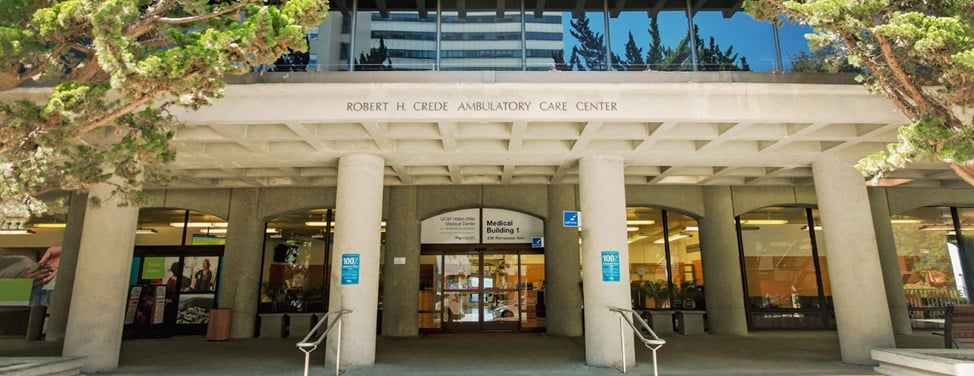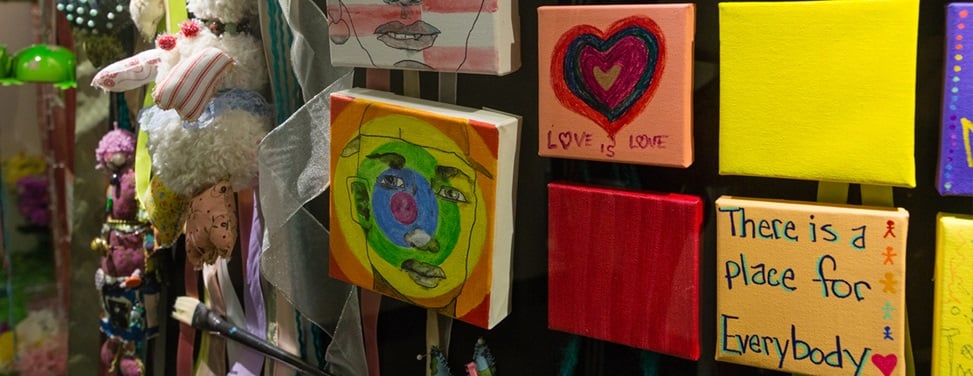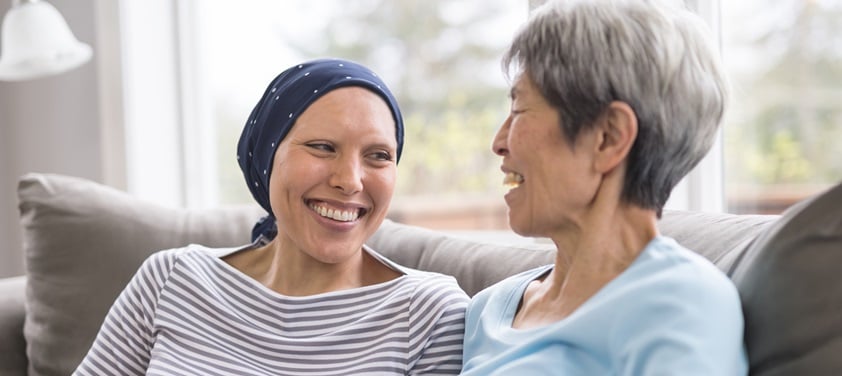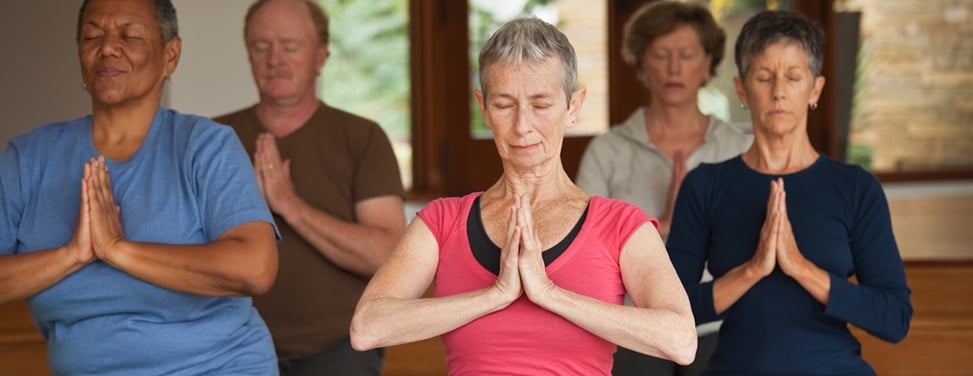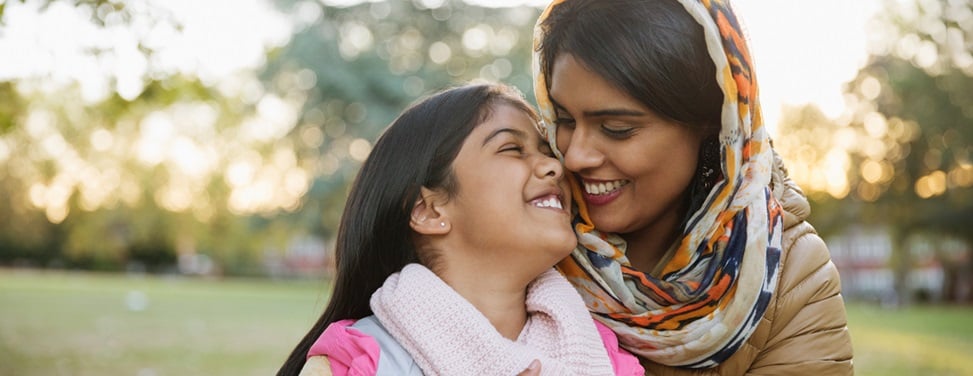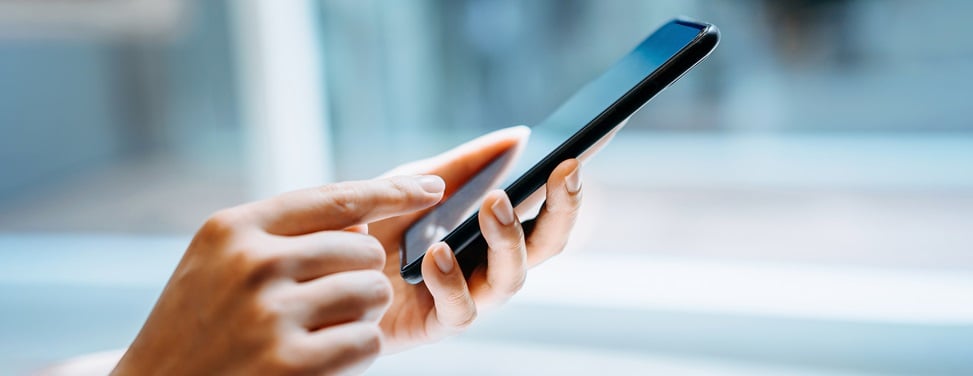
Brain Tumor Patient and Family Resource Guide
Coping with a brain tumor can be overwhelming. It's a diagnosis that will likely affect many parts of your life – physical, emotional, financial – as well as the lives of people who love you. To help you and your family, friends and caregivers navigate this difficult time, we put together this guide that lists useful information and resources, including support groups.
Brain tumor information and resources
American Brain Tumor Association
The ABTA has educational resources and support programs for brain tumor patients and caregivers. Its CareLine offers information on treatments, treatment centers, financial resources and clinical trials (studies of promising new treatments). For the CareLine, call (800) 886-2282 (800-886-ABTA) or email [email protected].
American Cancer Society
Provides disease-specific information on different types of brain tumors and will connect you with cancer support resources in your area. For more information, visit the website or call (800) 227-2345.
CancerCare
Services include counseling and support groups, phone support, a financial assistance program and community programs. For more information, visit the website or call (800) 813-4673.
Cancer Support Community San Francisco Bay Area
Provides free programs for patients and their families, including counseling, support groups, nutrition and exercise classes, emergency financial assistance and patient education programs. Has special programs for teens and younger children. Support services and resources for caregivers and families can be found here. For more information, visit the website or call (925) 933-0107.
National Brain Tumor Society
Provides information and support services for brain tumor patients and their caregivers. Visit the website or call (617) 924-9997.
Patient Advocate Foundation
Services include advocacy, case management assistance, financial aid and educational resources. For information, visit the website or call (800) 532-5274.
UCSF Peer Support Programs for Patients With Cancer
Connects patients with either a cancer survivor or someone who's further along in treatment. For more information, call (415) 885-3693 or email [email protected].
Financial resources for brain tumor patients
California Employment Development Department
Patients with brain tumors may be eligible for short-term disability. For information, visit the website or call (800) 480-3287. This fact sheet describes the California State Disability Insurance (SDI) Program.
Disability Benefits 101
This site provides information on state and federal programs that assist people with serious health conditions or disabilities.
Medicare Program Benefits Booklet
This booklet outlines the Medicare guidelines followed by many insurance companies. For more information, call (800) 633-4227 (800-MEDICARE).
National Directory of Home Modification Resources
A source of information on programs that adapt or repair homes for older adults.
Social Security Disability Insurance
Patients may be eligible for the federal government's long-term disability program. To see who qualifies and how to apply, visit the website or call (800) 772-1213.
Prescription programs for brain tumor patients
CancerCare Co-Payment Assistance Foundation
Helps patients with co-payments for prescribed treatments, including bevacizumab (Avastin) and temozolomide (Temodar). For more information, call (866) 552-6729 (866-55-COPAY) or visit the website.
Genentech
Has programs to help patients access and pay for bevacizumab (Avastin). For more information, visit the website or call (888) 249-4918.
Lazarex Cancer Foundation
A patient advocacy organization that offers financial assistance for the expenses of participating in clinical trials (studies of promising new treatments). For more information, visit the website or call (877) 866-9523.
NeedyMeds
Helps patients access medications at low or no cost through a patient assistance program and drug discount card. For more information, visit the website or call (978) 865-4115.
Optum Specialty Pharmacy
Serves patients with specialized prescriptions, including bevacizumab (Avastin) and temozolomide (Temodar). For more information, visit the website or call (877) 977-9118.
Caregiving resources for brain tumor patients
California Department of Aging
This state agency offers a variety of services for older patients and caregivers.
Institute on Aging (San Francisco Bay Area)
Helps people over 60 and their caregivers through services that include home care, care managers and phone support. For more information, visit the website or call (415) 750-4111.
In-Home Supportive Services Program
Pays for in-home assistance for Californians who are elderly, disabled or blind and eligible for Medi-Cal. Visit the website to learn more and download an application.
Jewish Family and Children's Services (San Francisco Bay Area)
JFCS Seniors at Home is a program that provides home care, care management, personal assistant services and family support. For more information on this and other JFCS programs, visit the website or call (415) 449-3700.
Medicare Home Health Care/Nursing Home Compare
This directory can help you find in-home care programs and nursing homes in your community.
National Alliance for Care at Home
Provides information on in-home health care and hospice programs in your community. For more information, visit the website or call (202) 547-7424.
National Eldercare Locator (U.S. Administration for Community Living)
A national service that connects older Americans and their caregivers with local support resources. For more information, visit the website or call (800) 677-1116.
Resources for brain tumor patients with children
Cancer Support Community
The national website of this patient support organization has educational resources on how to talk to kids about cancer. Publications include a free guide What Do I Tell the Kids?
Circle of Care
This East Bay agency offers support services for children who have lost a parent to cancer.
Suggested reading
The books listed below can help parents and their children navigate cancer.
Books for adults
- "A Tiny Boat at Sea: How to Help Children Who Have a Parent Diagnosed With Cancer" by Izetta Smith. This easy-to-use booklet explores ways to support children.
- "Can I Still Kiss You? Answering Your Children's Questions About Cancer" by Neil Russell. A question-and-answer book by a patient who journaled about the questions his children asked during his cancer journey. Appropriate for all ages.
- "Cancer in Our Family: Helping Children Cope With a Parent's Illness" by Sue P. Heiney and Joan F. Hermann. A nursing professor and a social worker wrote this guide for parents seeking to support their children and ease their fears.
- "How to Help Children Through a Parent's Serious Illness" by Kathleen McCue. Offering practical advice from a leading child-life specialist, this book discusses what to tell your child about the illness; how to recognize early-warning signs in drawings, sleep patterns, schoolwork and eating habits that your child needs more support; and when and where to get professional help.
- "When a Parent Has Cancer: A Guide to Caring for Your Children" by Dr. Wendy Schessel Harpham. Practical advice along with a companion book for the kids titled Becky and the Worry Cup. Appropriate for parents with children ages 3 to 13.
Books for children
- "Because… Someone I Love Has Cancer" by the American Cancer Society. An activity book for exploring feelings about having a parent with cancer. For ages 9 to 12.
- "Butterfly Kisses and Wishes on Wings: When Someone You Love Has Cancer" by Ellen McVicker. Told through the eyes of a child, the story helps children realize their powers to be an active and integral part of a loved one's cancer journey.
- "Mom Has Cancer!" by Jennifer Moore-Mallinos. Traces a young boy's anxiety before learning of his mother's cancer diagnosis, how he adapts to lifestyle changes when given honest information and reassurance, and how his family gets back to regular life once treatment is completed. For ages 4 to 8.
- "Once Upon a Hopeful Night" by Risa S. Yaffe and Troy Cramer. A bedtime tale to comfort kids struggling with their parent having cancer. For ages 3 to 10.
- "Our Family Has Cancer Too!" by Christine Clifford. A cartoon-illustrated book that describes a family's experience with cancer and how they coped. For ages 3 to 16.
- "Our Mom Has Cancer" by Abigail and Adrienne Ackermann. Two sisters, ages 11 and 13, describe what it was like for them when their mother was diagnosed with breast cancer and underwent surgery and chemotherapy. For ages 10 to 14.
- "Sammy's Mommy Has Cancer" by Sherry Kohlenberg. Appropriate as a bedtime story for toddlers and preschoolers or as an early reader for kids in elementary school. For ages 2 to 5.
- "Someone I Love Is Sick" by Kathleen McCue. Appropriate for very young children (ages 2 to 6).
- "When Mommy Loses Her Hair: It Means the Medicine Is Working" by Cristen Cervellini-Calfo. This book describes cancer treatment in ways kids can understand and suggests how children can participate in a family member's care. For ages 4 to 8.
- "When Someone Has a Very Serious Illness" by Marge Heegaard. A cartoon-illustrated coloring workbook to help kids understand their feelings when their parent is ill. For ages 9 to 12.
- "When Someone You Love Has Cancer: A Guide to Help Kids Cope" by Alaric Lewis. Gives young children a better understanding of cancer while also offering parents and loved ones ways to find strength and the right words. Lays out step-by-step realistic outcomes.
Legal resources for brain tumor patients
Disability Rights Legal Center (DRLC) – Cancer Justice Program
Cancer Justice answers legal questions for people with cancer. Download the Patient Legal Handbook, available in English or Spanish, from the site. For more information, visit the website or call (213) 736-1455 or (866) 843-2572.
Financial Planning Association
Offers resources on financial planning for life events.
National Academy of Elder Law Attorneys
A professional organization of lawyers specializing in legal services for older adults and people with disabilities.
State Bar of California
California professional organization for lawyers offers a lawyer referral service and tips on finding legal help and working with an attorney.
UCSF Medical Center Advance Health Care Directive Kit
This downloadable form walks you through the steps of creating an advance directive, a legal document that conveys your wishes regarding medical care in the event that you become unable to make decisions or unable to express them.
Resources for caregivers of brain tumor patients
American Brain Tumor Association
This section of the ABTA website is dedicated to information and resources for caregivers. It includes a free handbook that can be ordered.
Cancer Support Community – 10 Tips for Caregivers
A roundup of useful suggestions on how to maintain "balance, support and connection."
Elder Care Locator – U.S. Administration for Community Living
Helpful information about long-term care planning and available benefits for seniors and the disabled. For more information, call (800) 677-1116.
California Employment Development Department – Paid Family Leave
Caregivers for a family member who is seriously ill may be eligible for paid family leave. Visit the website to learn about the program and how to apply.
Family Caregiver Alliance
Nonprofit agency dedicated to providing caregivers with support and education. Has information on respite care (ways to get a break from primary caregiving) as well as literature on various relevant topics. For more information, visit the website or call (800) 445-8106.
Help for Cancer Caregivers
Offers a self-care web tool that caregivers can personalize.
Lotsa Helping Hands
This online tool helps caregivers organize support and assistance with meals, errands, rides, child care, and other activities of daily living.
UCSF Orientation to Caregiving Handbook
A downloadable handbook with information for people assisting and caring for loved ones with brain tumors.
The information and resources listed here are not intended to be an endorsement, nor are the listings all-inclusive. Resources are offered in the hope that they will provide direction as you begin your search for support. Please check with the individual agencies for updated information.






